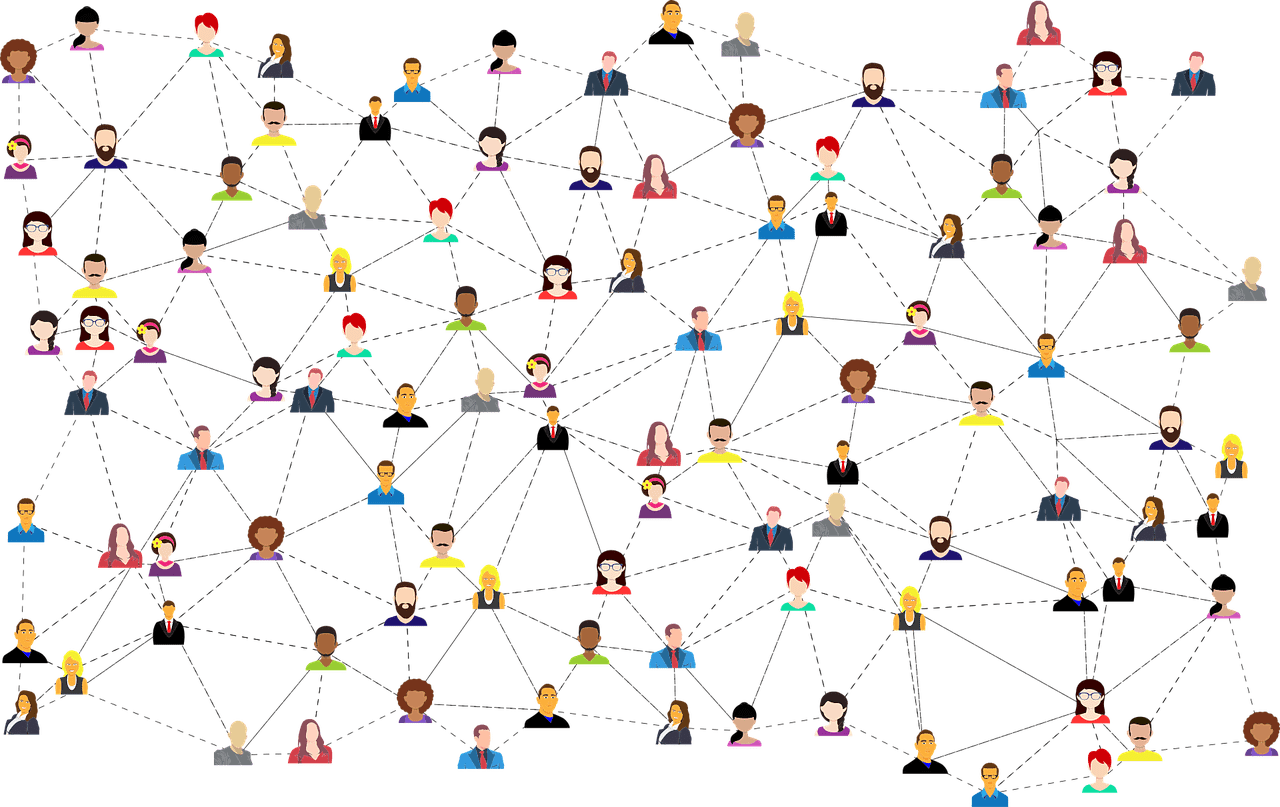By Jonathan Sclater (Principal, MEd in Imaginative Education, @jonathansclater)
Welcome back to my 4-part series imaginative series on Imaginative Leadership, this is part 3 of 4.
Over the course of this 4-part imaginative series, I will introduce and explain the following attributes I believe necessary to develop one’s Imaginative Mindset: being adaptable, networked, hopeful, and curious. In illustrating the power of these attributes, I ultimately advocate for their power in helping school leaders to rise above uncertainty, address trauma, and bring strength to their communities.
A leader with an imaginative mindset is…
3. HOPEFUL
Using imagination to envision a better outcome for the future – by showing empathy to inform and make ethical decisions.
When faced with uncertainty, the question on most people’s minds is, “How are we going to do this and what’s next?” A lack of familiarity and experience in unspecified situations can lead to feelings of fear for an unknown future. Leaders with an imaginative mindset can offer hope by projecting ahead and seeing beyond current circumstances. When we are suddenly thrown into a difficult situation, we typically reflect on previous experiences to help orient us as a reference point to make sense of where we are. There are ethical concerns about any decisions school leaders make that impact the stability and trajectory for learners. While we must consider these implications, we still need to be optimistic, positive, and forward-thinking, and not hesitant to act. Leaders need to project calm, confidence, and strength in order to move their communities forward, despite the suffocating feelings within the current context.
Schools have become safe places for many children and families – they rely on many services such as daily food programs and subsidies for basic needs that keeps them afloat. The emotional toll due to isolation and being cut off from the resources and social connections in schools during a societal shut down wasn’t what anyone could have predicted or been properly prepared for. Many families are feeling anxious and unsure about the future, and what exactly they should do next. School leaders are not only figuring out how to deliver curriculum, but also how to proceed and care most effectively and swiftly for learners and their families.
Leaders with an imaginative mindset empathize with and understand the complexities their families are facing, but also offer solutions to provide a clear path forward. George Couros (2015) says, “We lead with empathy – meeting people where they are – to help them find or create solutions that work for them” (p. 47). What teaching and learning in a pandemic has shown thus far is that vulnerable students need a host of structures and supports. Students and parents are feelings of being inundated, overwhelmed, and flooded with way too much information, ultimately leading to more panic and anxiety.
Imaginative leaders project hope through their precise and calm actions which enables their community to move past barriers and create better opportunities.

During this pandemic, normal interaction patterns and personal lives have been radically changed, loved ones may be ill, jobs have been lost, personal freedoms and social activities cancelled. In addition – seemingly overnight – educators are being asked to teach online remotely. This is unchartered territory and we are trying to find out what our new normal is, and what the long-term impact will be. Navigating uncertainty and working alongside educators to problem solve as challenges continually surface, will be a sign of leaders who have an imaginative mindset. We need to be careful to not define this time as restricted or constrained, but rather as full of opportunity and promise. As the landscape changes beneath our feet, leaders with an imaginative mindset remain hopeful to think ahead to see the possibilities which don’t yet exist.
References
Aspinall, B. (2020). Risk Taker: Strengthen Your Courage, Blaze a New Trail and Ignite
Your Students’ Passions. Self published.
Couros, G. (2015). The Innovator’s Mindset: Empower Learning, Unleash Talent, and Lead a Culture of Creativity. Dave Burgess Consulting, Inc.
Dweck, C. (2006). Mindset: The New Psychology of Success. Ballantine Books.
Egan, K. (2005). An Imaginative Approach to Teaching. Jossey-Bass
Kaser, L., & Halbert, J. (2009). Leadership Mindsets: Innovation and Learning in the Transformation of Schools. Routledge.
Sinek, S. (2009). Start with Why: How Great Leaders Inspire Everyone to Take Action. Penguin.
 Interested in Reading More?
Interested in Reading More?
To read Parts 1 and 2 of this Imaginative Leadership series, click on the links below…




